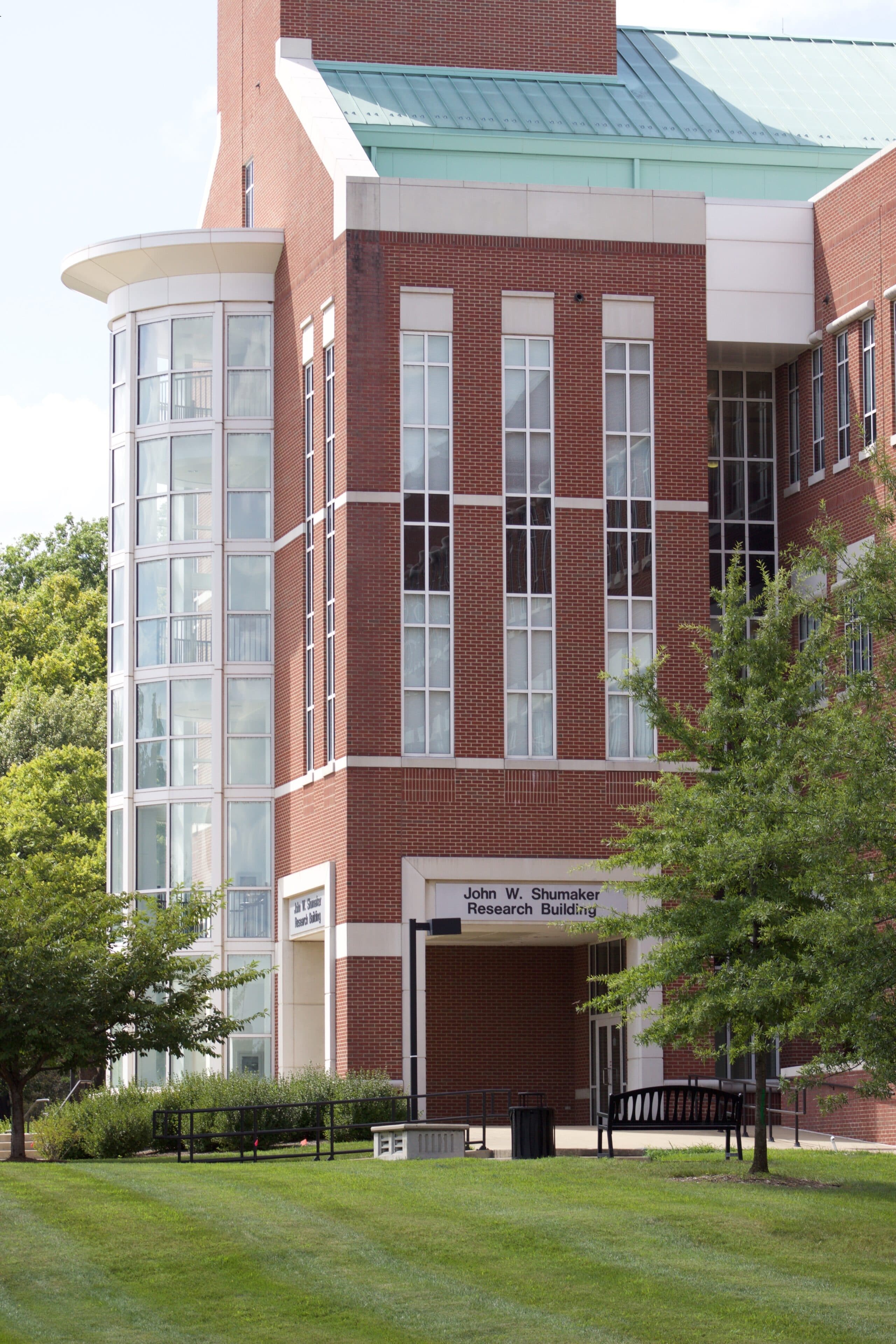By Shelby Gardner —
The University of Louisville’s tuition has increased yet again this year. On June 13, the board of trustees officially approved the long anticipated 2.5 percent increase, the maximum amount allowed to be raised in a year under state law.
This means that for full time undergraduate students, it will add an extra $268 for in-state tuition, and $676 for out-of-state students.
Sidney Garner, a junior double majoring in women and gender studies and pan-african studies, said “Tuition rises, but the quality of education stays the same.”
In addition, online courses, which usually stay the same while in-person tuition increases, will jump 8.7 percent in cost. That adds about $42 per credit hour. U of L’s online programs have become more popular over the past six or seven years, officials told trustees at a committee meeting in May.
For students that have to pay their own way, these increases might be the equivalent of being able to afford a month’s rent, a grocery trip or even books.
According to Insider Louisville, this raise is to cover a 2 percent raise for faculty, and not for state funding cuts.
The administration got the University in a situation that pitted faculty against students and they chose faculty.
President Neeli Bendapudi said this increase is intended to strengthen morale in our faculty and keep our university competitive.
This funding, with proper budgeting, could have been taken out from the money we get from the state or our alumni. Perhaps alumni are pulling out of funding U of L because of the countless sports scandals.
The carelessness of our teams and those in charge of them have repercussions all the way down to strictly academic students. When alumni decide that their money isn’t well spent by investing back into the university, everyone loses.
The tuition increase is not exclusively a U of L problem, it’s a nationwide problem and has long term consequences. Colleges everywhere simply have tuition rates that are unreasonable and this affects the future of our city, our state and our country.
It is unfair to gate keep information from the general public just because they can’t afford it. Online courses and community colleges are one solution to this problem, but it is certainly not a one-size-fits-all solution.
When the nation as a whole is less educated, there is more discourse and violence. We cannot expect a brighter future if we only allow the best education to go to the wealthiest part of the population.
File Photo / Louisville Cardinal






